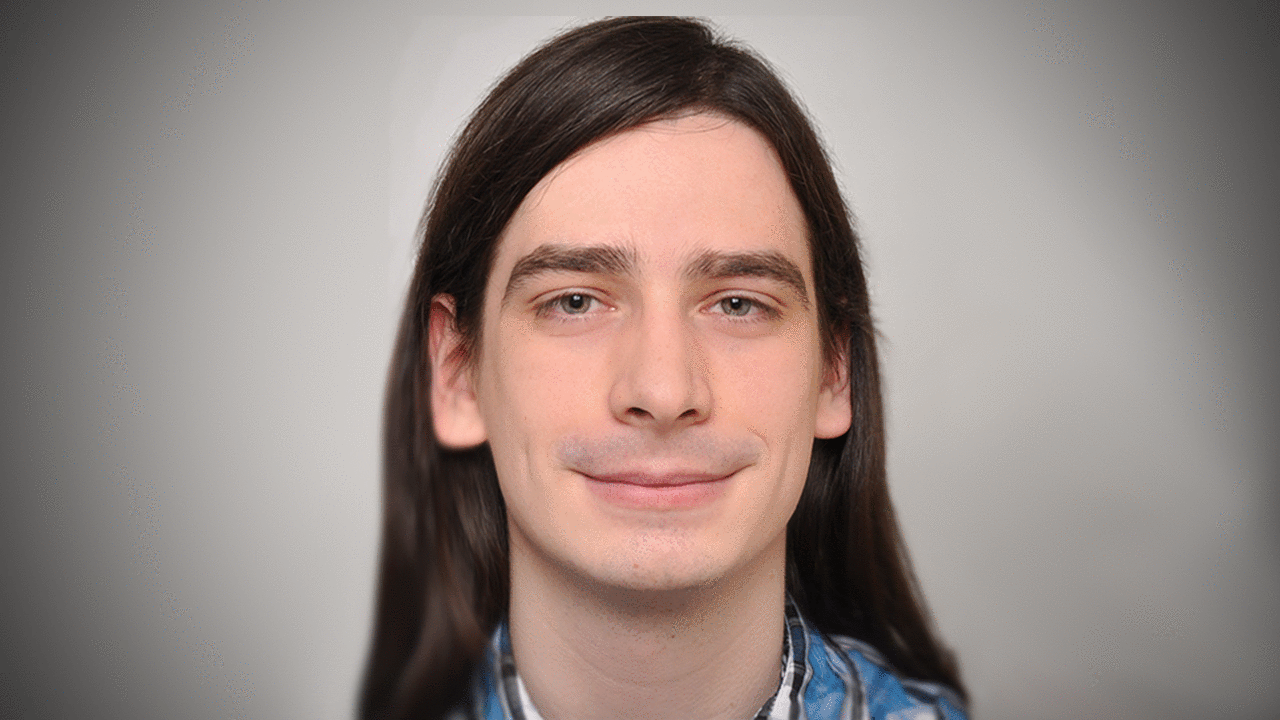Congratulations, Jan Van Den Brand!

We met up with Jan Van Den Brand, Doctoral Student at the Division of Theoretical Computer Science, who has been rewarded the Google PhD Fellowship 2020, and talked about what the fellowship will mean.
Congratulations! Could you tell us a bit about the fellowship program?
"The Google PhD Fellowship program supports PhD students in computer science whose research/dissertation topic is relevant to Google's research areas. This covers many areas of computer science, e.g. algorithms, machine learning, databases, security, human-computer interaction and many more.
According to Google, they created the PhD Fellowship Program in 2009 to "recognize and support outstanding graduate students who seek to influence the future of technology by pursuing exceptional research in computer science and related fields". The applications are evaluated based on past achievements and a research/dissertation proposal. This year only 5 of the chosen students came from Europe.
For me, the fellowship includes a yearly bursary for travel, equipment and other research related expenses, and I was matched with a research mentor at Google. Without COVID-19, they would also invite the recipients to their headquarters in Mountain View."
How do you feel about being selected?
"I'm obviously very happy and was quite excited when I received the news. Unfortunately, I could not yet make much use of the fellowship. I intended to use the financial help for travel to conferences and summer schools but with the current pandemic, they were either cancelled or moved online. Though I did get to talk with my research mentors where we discussed research directions and potential internships."
Could you tell us a bit about your research?
"My research is on algorithms, which are step-by-step instructions for computers for how to solve problems. I try to reduce the time computers require to compute solutions, with my focus being on optimisation and dynamic problems. Optimisation problems try to minimise some cost while satisfying certain constraints. For example, minimising the number of active buses in the public transport network without causing delays or overcrowding. Or minimising the cost of transport chains between several factories.
My other focus is on dynamic problems, which are problems that change over time. For example, the fastest routes in a road network can change based on current traffic conditions. Recomputing all fastest routes from scratch whenever traffic conditions change would waste time and resources. My research is about how to maintain the solution more efficiently. I analyse these problems from a theoretical perspective. That means I do not create any programs and measure their time, but instead I mathematically prove that any computer can solve these problems within a certain number of steps. This has the benefit that it does not matter if new computer hardware becomes faster, because the number of steps stays always the same."
You did your Bachelors and Masters at the Goethe University in Frankfurt, why did you choose KTH and Stockholm for your doctoral studies?
"About 4 years ago, my advisor Danupon Nanongkai advertised the PhD position on DMANET (discrete math and algorithms network). DMANET is a mailing list where people advertise conferences and open positions related to discrete maths and algorithms. At that time, I was still busy with my master's thesis, but I kept an eye on the mailing list for future PhD positions. When I read Danupon's advertisement, the idea of dynamic algorithms really impressed me. After reading a few papers on the topic, I knew this is what I'd want to do in the future, so I just had to apply for the position."

